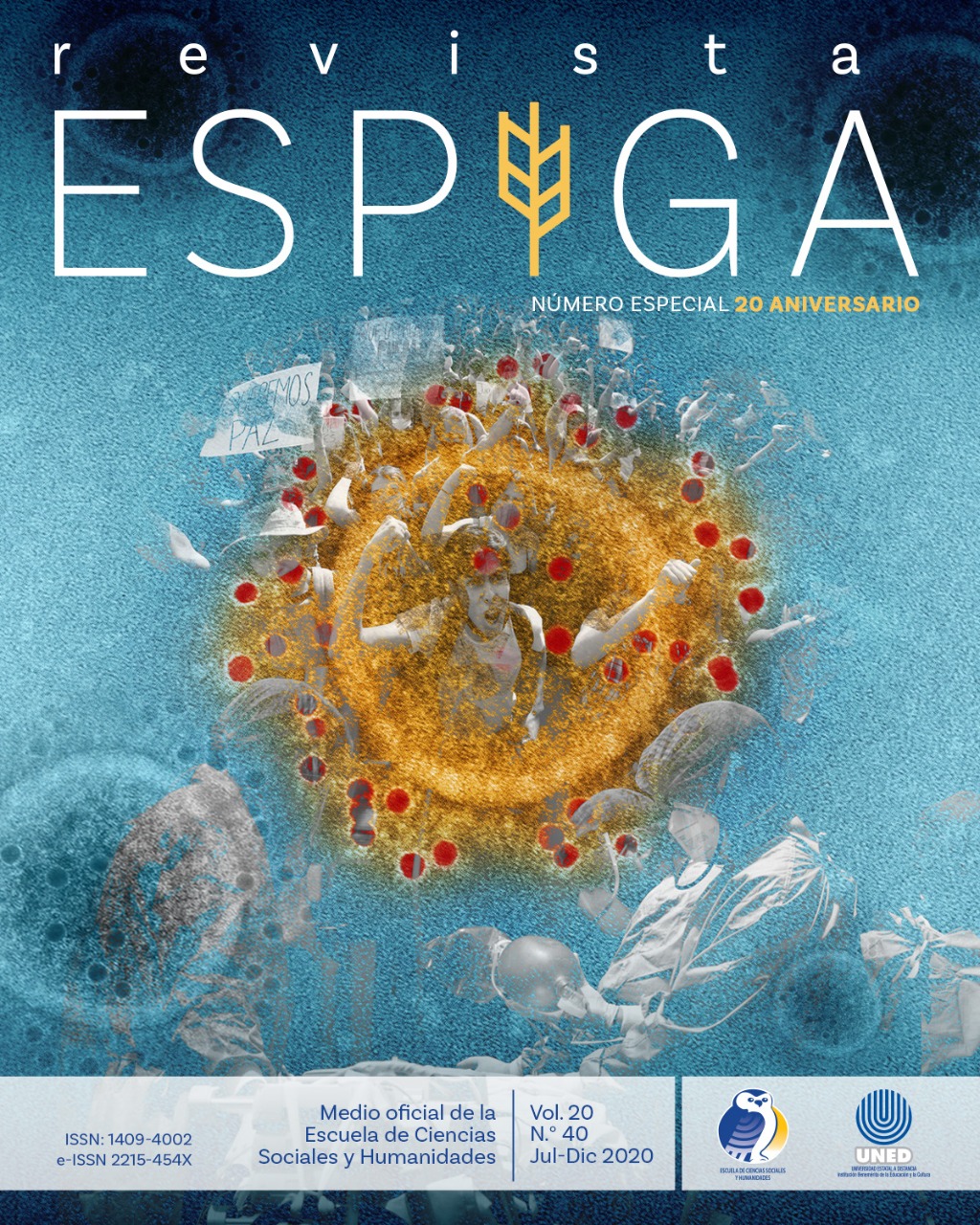Enhancing the Language Learning Process of Students in the Costa Rican Educational System by Considering the Use of Authentic Materials in the EFL Classroom
DOI:
https://doi.org/10.22458/re.v20i40.3308Palabras clave:
Learning, Authentic materials, Communication, Action Oriented ApproachResumen
Each student has different personality traits and processes information in multiple ways. Learning takes place more effectively when conditions are optimal and enriching. Teachers should provide students with meaningful and authentic materials in order to guarantee and help students attain their own learning.
The following article intends to offer practical ideas on how to incorporate authentic materials in the teaching process as vehicles to help students get the most out of them in order to enhance their learning development. The expressed ideas will focus on receptive skills; that is to say, aural and reading skills. A connection to the implementation of the new syllabus of the Ministry of Public Education (MEP), the «Action Oriented Approach», is also addressed in the following paragraphs.
Citas
Brown, D. Teaching by principles. New York: Addison Wesley Longman, 2001.
Brown, D. Principles of Language Learning and Teaching. United States: Pearson, 2007.
Brown, G., Yule. «Dimensions of difficulty in listening comprehension». In Mendelsohn, D., Rubin, J. (Ed.). A Guide for the Teaching of Second Language Listening. San Diego, California: Dominie Press, 1995.
Davies, P. Success in English Teaching. New York: Oxford University Press, 2000.
Rod Ellis. Understanding Second Language Acquisition. New York: Oxford University Press, 1999.
Gower, R., Phillips, D. & Walters, S. Teaching Practice: A handbook for teachers in training. Thailand: Macmillan, 1995.
Harmer, J. The Practice of English Language Teaching. England: Pearson, 2008.
Hedge, T. Teaching and learning in the language classroom. New York: Oxford University Press, 2000.
Holden, B. «Listen and learn». English Teaching Professional. London: Helen Gomm, 2002.
Hunbbel, S. Four Different Types of Writing Styles: Expository, Descriptive, Persuasive, and Narrative. 2016. Retrieved from https://owlcation.com/humanities/Four-Types-of-Writing
MEP. Transforming the English Classroom through Action-Oriented Teaching and Learning. San José, Costa Rica, 2016.
Nunan, D. Practical English Language Teaching. New York: McGraw Hill, 2003.
Pinner, R. (n.d). Using and Adapting Authentic Materials to Help Motivate Students. Retrieved from: http://uniliterate.com/2015/08/adapting-authentic-materials-motivate-students/#.XQPTEtJKjcs
Richards, J. & Renandya, W. Methodology in Language Teaching. Cambridge University Press, 2002
Shepherd, S. (n.d). Using Authentic Materials. Retrieved from https://www.teachingenglish.org.uk/article/using-authentic-materials
Ur, P. A course in language teaching. New York: Cambridge University Press, 2003.
Wilcox, P. «Skills and strategies for proficiency listening». En M.Celce-Murcia (Ed.), Teaching English as a Second or Foreign Language. Boston: Heinle and Henle Publishers, 2001.
Publicado
Cómo citar
Número
Sección
Licencia
Los artículos publicados por esta revista operan bajo licencia de CREATIVE COMMONS (Atribución-NoComercial-CompartirIgual 4.0). El Comité Editorial permite la reproducción parcial o total de los artículos a condición de que se mencione la fuente. Asimismo, los escritos podrán ser colgados y divulgados vía digital, siempre y cuando se mantenga la fuente de su publicación.
